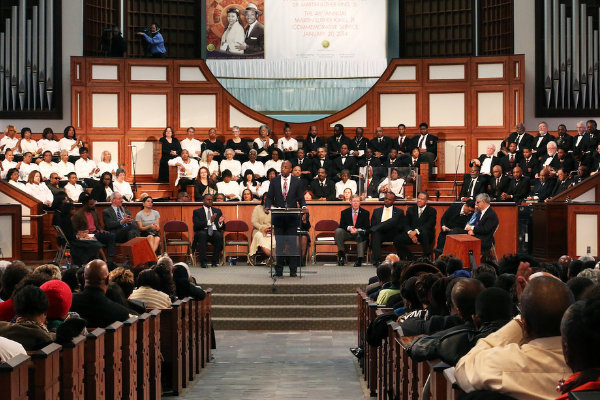Jan 5, 2021
With five ministers elected to serve in the U.S. House of Representatives in the newly sworn-in 117th Congress, the pathway from serving in a house of worship to public office hasn’t been uncharted. But it is unique.
Read the Full Article

Already a subscriber? Login
